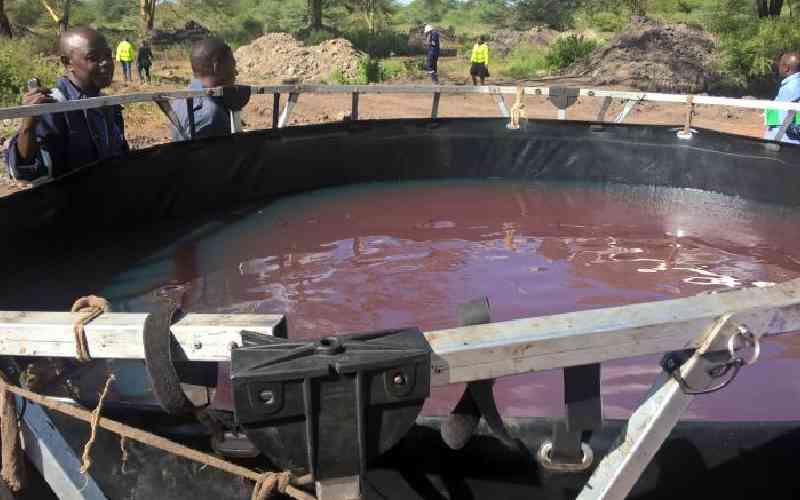×
The Standard e-Paper
Stay Informed, Even Offline

One morning in March 2019, in a remote village in Kibwezi, Makueni County, about 160 kilometers from Nairobi, residents awoke to find their main source of water contaminated and smelling of fuel.
The water they relied on for daily use and farming was no longer usable, sending the entire village into a panic.